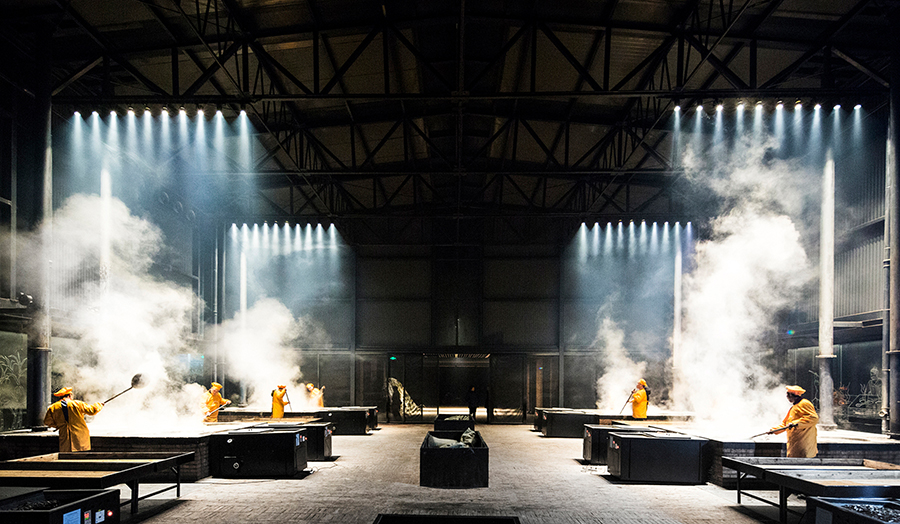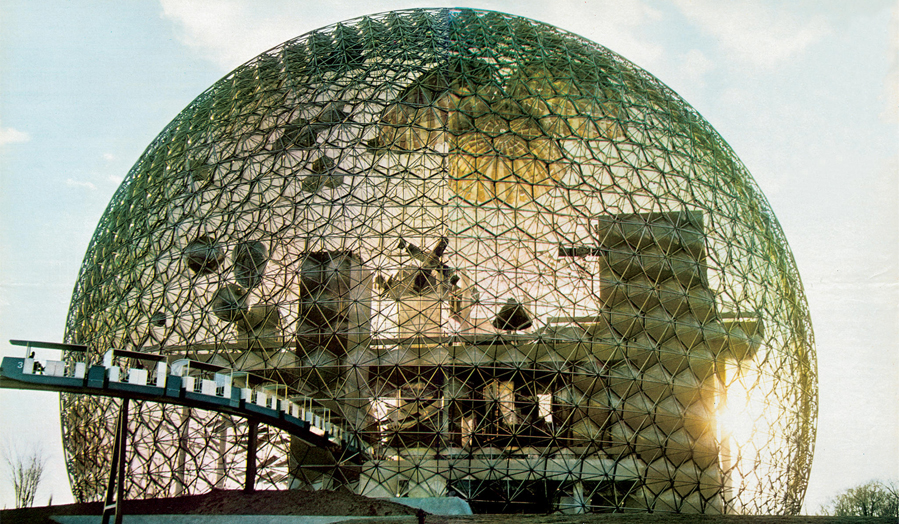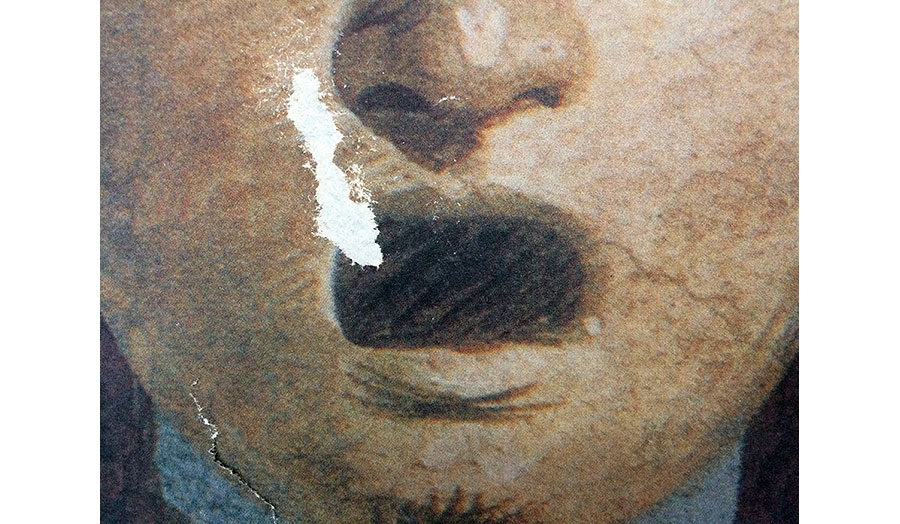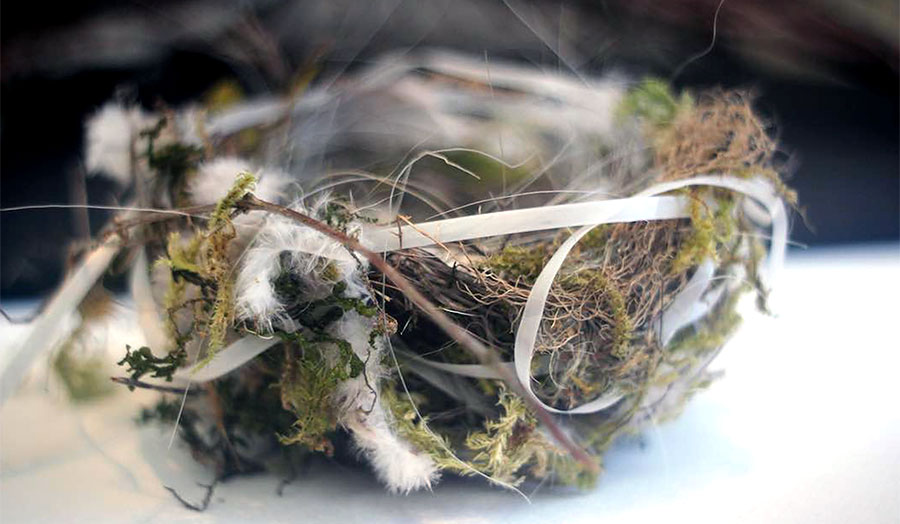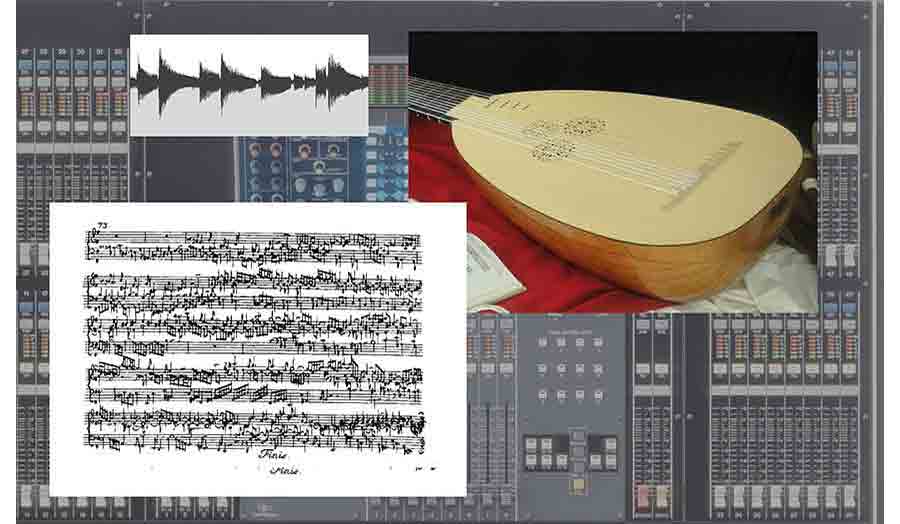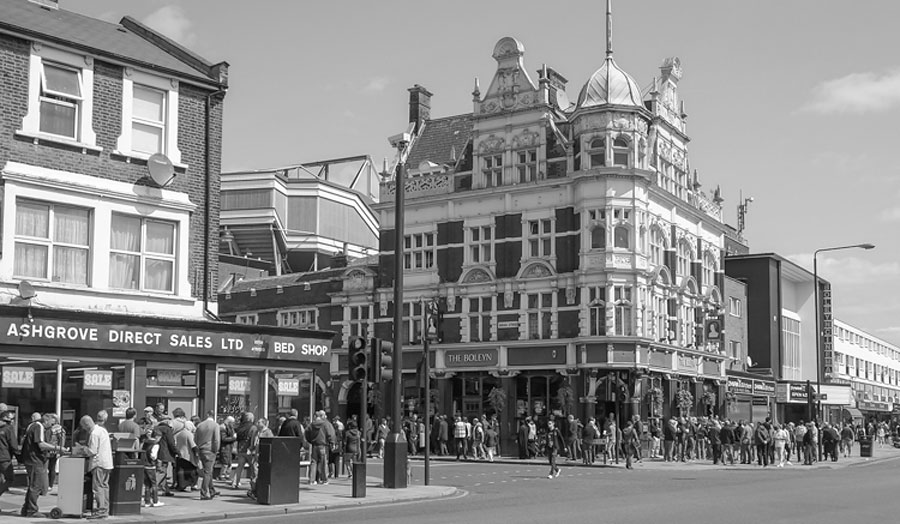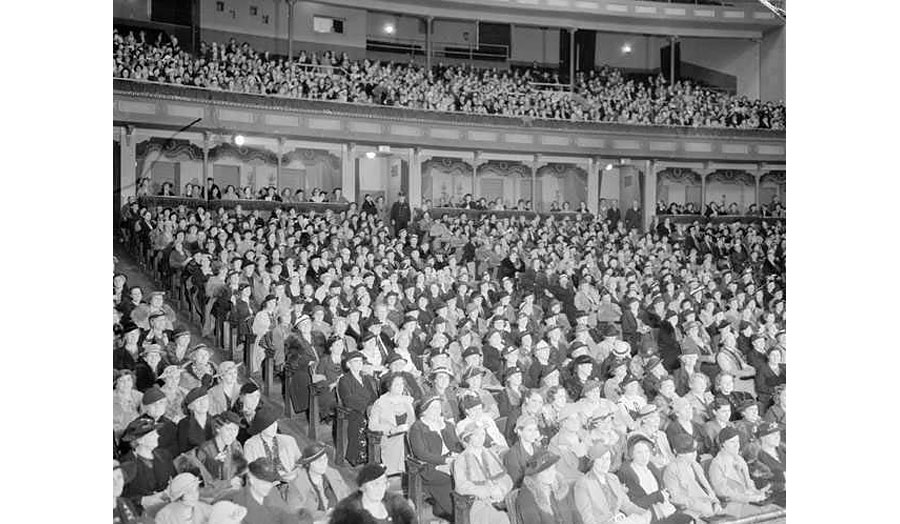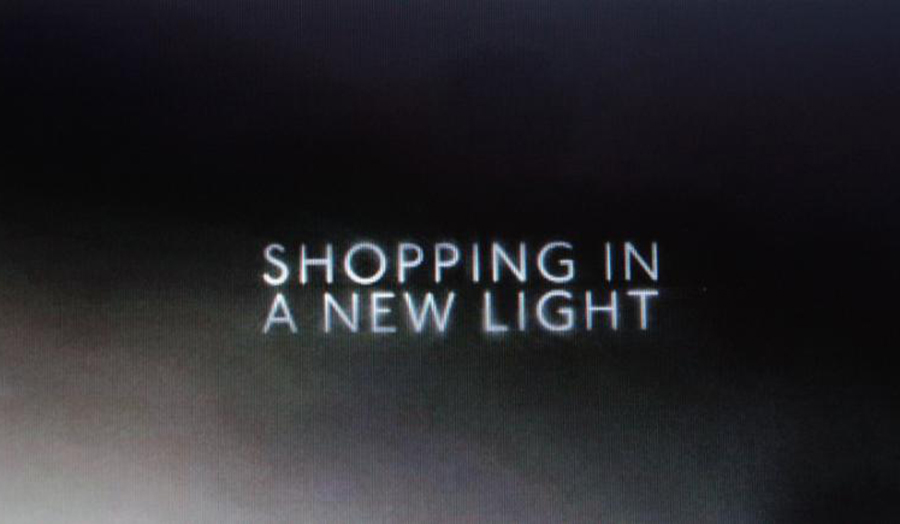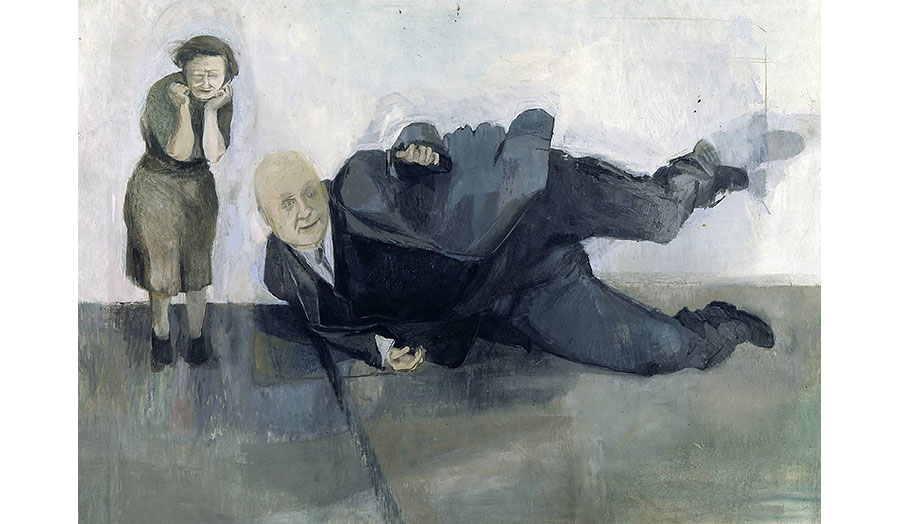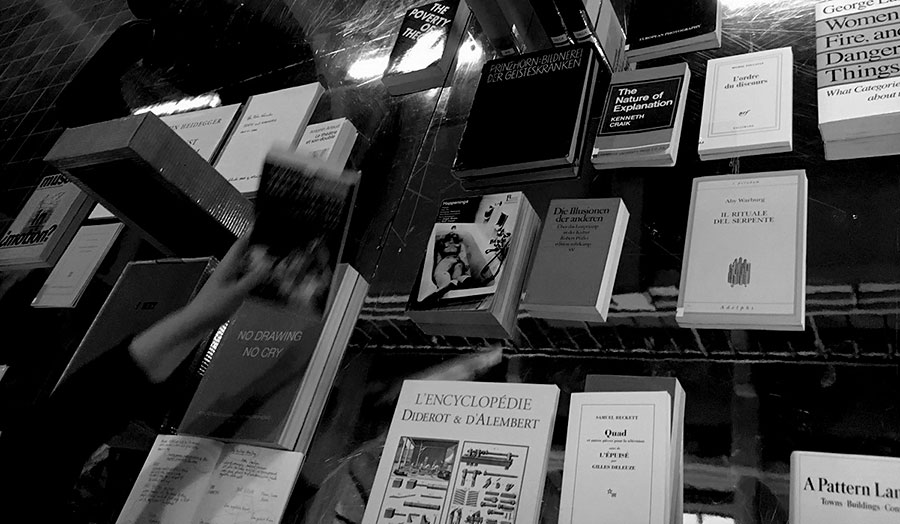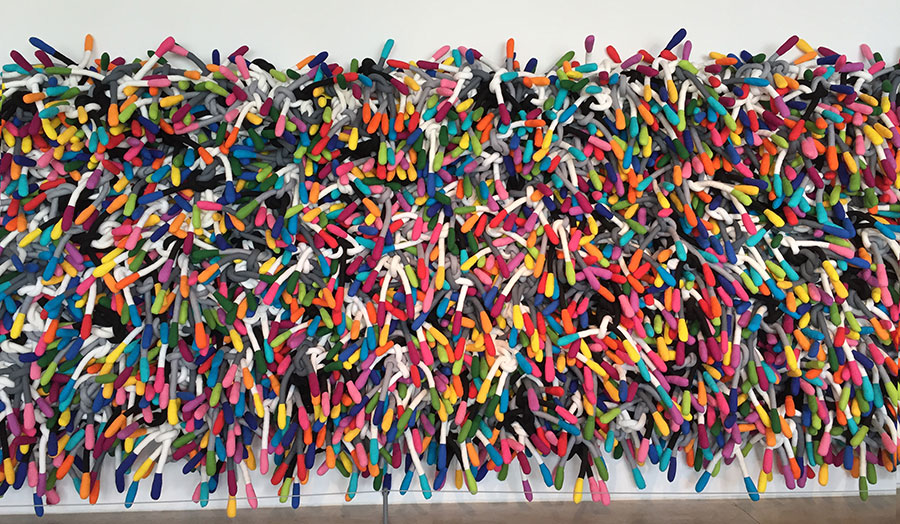Studio brief
“The word connects the visible trace with the invisible thing, the absent thing, the thing that is desired or feared, like a frail emergency bridge flung over an abyss.”
Italo Calvino, Six Memos for the Next Millenium, Penguin (2009)
About
What if we thought of a text as material, spatial, something that it is crafted and inhabited? A place that we can step in and out of? This is the approach to dissertation writing that will be explored by Dissertation Studio 9. The studio will encourage you to approach the dissertation as a crafted textual project. Through workshops and seminars we will consider some of the elements and activities of which the dissertation is comprised, and look at innovative and exciting ways to work with the form of the text, and the act of building it.
Together we will explore the space of criticism; acknowledging our point of encounter with objects, places, sites and processes and the relationship between text, writer and reader. We will slip notes into library books and eavesdrop on fictional conversations to rehearse dialogues with theory. Through a number of exercises we will ask if images alone can stage an argument and find what poetry can teach us about description. We will follow peripatetic formats of discussion – the essay film, the artist’s performance lecture and the guided walk to help us to get our heads around the task of structuring the dissertation.
The studio takes the position that creative approaches to the form and structure of the dissertation can inform the refinement of your subject matter and the development of your argument. Each week you will be introduced to a range of texts and works, not necessarily as material to inform the subject of your dissertation, but to help you to think about strategies for doing it.
Summer activities
Familiarise yourself with Cass Writing. This document will be useful throughout your dissertation project. Read the sections on Essay and Dissertation. Read Brian Dillon’s essay on essays. Make some notes on what the similarities are between the essay and the dissertation, and what the differences might be.
Explore some or all of the following:
- Watch Mark Leckey, Cinema in the Round (2006-2008) and think about what this performance might have in common with a dissertation. Does it share some of the features that you would expect to find in a dissertation, such as an original argument and references to existing ideas?
- Listen to Maria Fusco, Master Rock (2015). (This also exists through text and image as a book). How many voices do you hear? Think about the different perspective that each provides.
- Read Jane Rendell (Un)Doing it, (Over)Doing it Yourself: Rhetorics of Architectural Abuse in Occupying Architecture (1998). What is the relationship between doing and writing? Between practice and thought?
For further reading see: Jane Rendell, Site-writing: The Architecture of Art Criticism. (2010). - Browse Richard Kostelanetz, ed., Essaying Essays – Alternative Forms Of Exposition (1975).
- Think about what you would like to write your dissertation about. Begin to collect texts and images related to your subject.
- Find a piece of communication that excites or intrigues you. This might be a piece of writing with a tone or subject that you enjoy, an illustrated piece of text, a documentary, a podcast, a guide, a letter... Find it and keep it, to refer back to later.
- Spend some time amongst the journals in the library, this is a good way to find inspiration for your dissertation. Find what intrigues you, inspires you, or what you disagree with. If you fancy a change of scene you could also browse the journals at the Royal Institute of British Architects (RIBA) Library or the National Art Library.
Indicative bibliography
- Mieke Bal, Louise Bourgeois' Spider, The Architecture of Art Writing, University of Chicago Press (2001)
- David Carrier, Writing About Visual Art, Allworth Press (2003)
- Mark Z Danielewski, House of Leaves, Doubleday (2000)
- Brian Dillon, Essayism, Fitzcarraldo Editions (2017)
- N Katherine Hayles, Writing Machines, MIT Press (2002)
- Roni Horn, Another Water, Steidl (2013)
- Katrina Palmer, The Dark Object, Bookworks (2010)
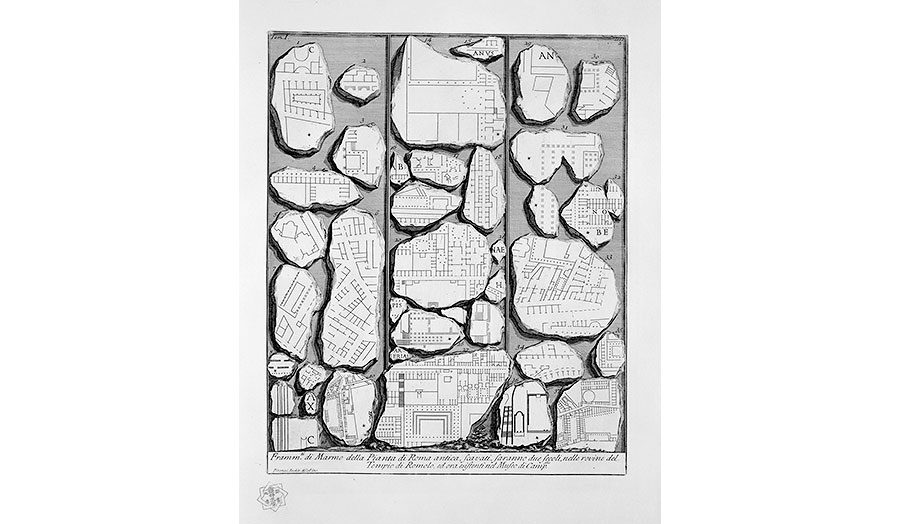
Details
| Tutor | Danielle Hewitt |
|---|

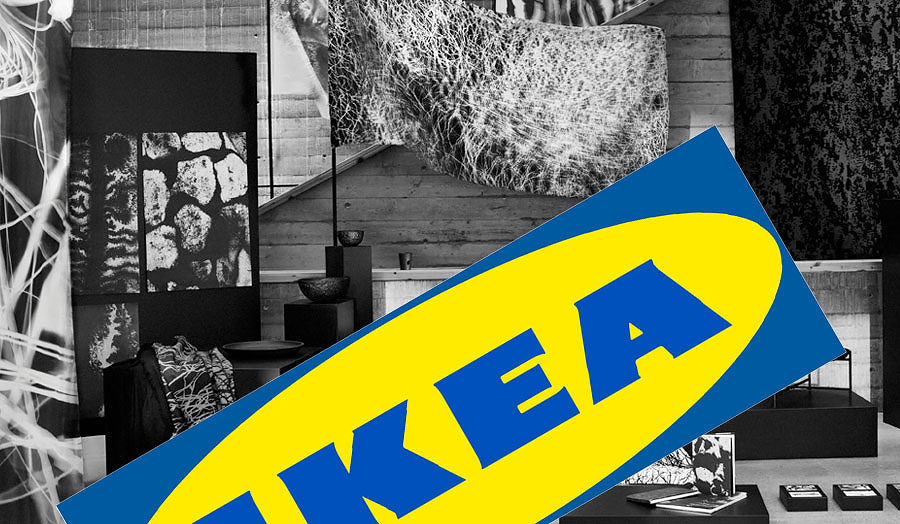

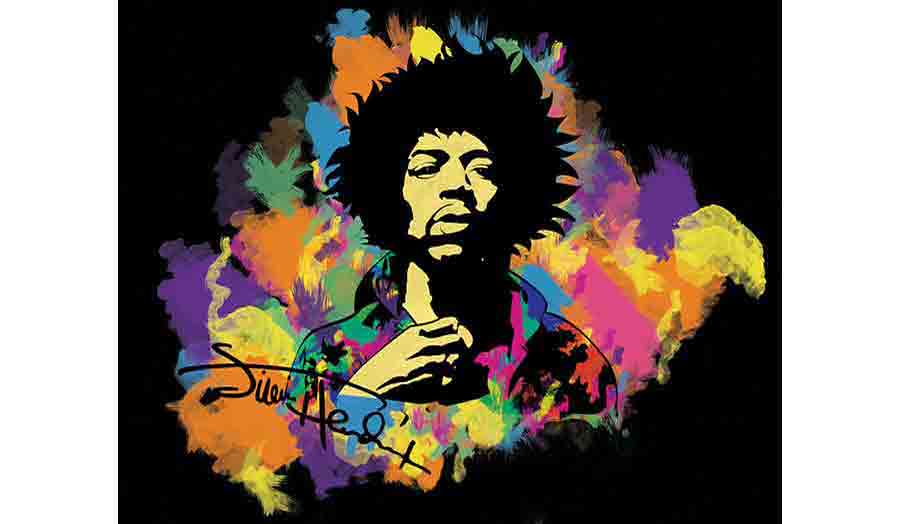
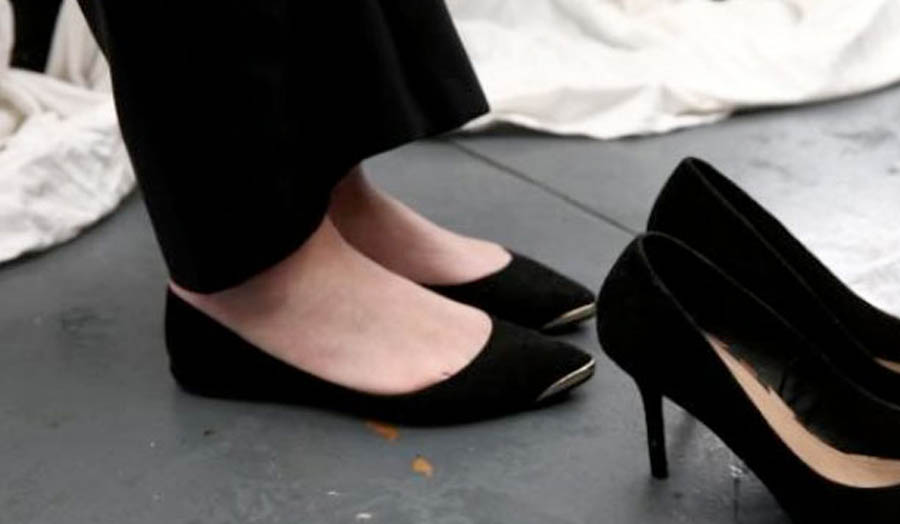
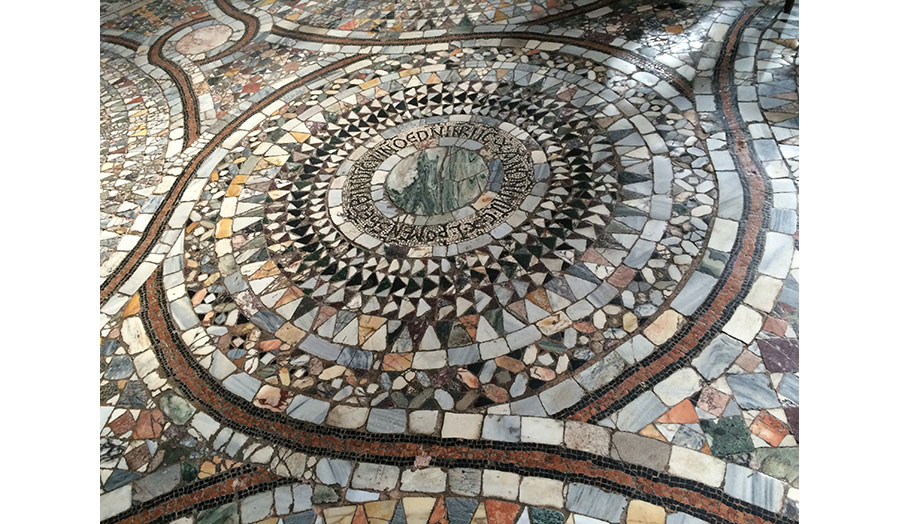
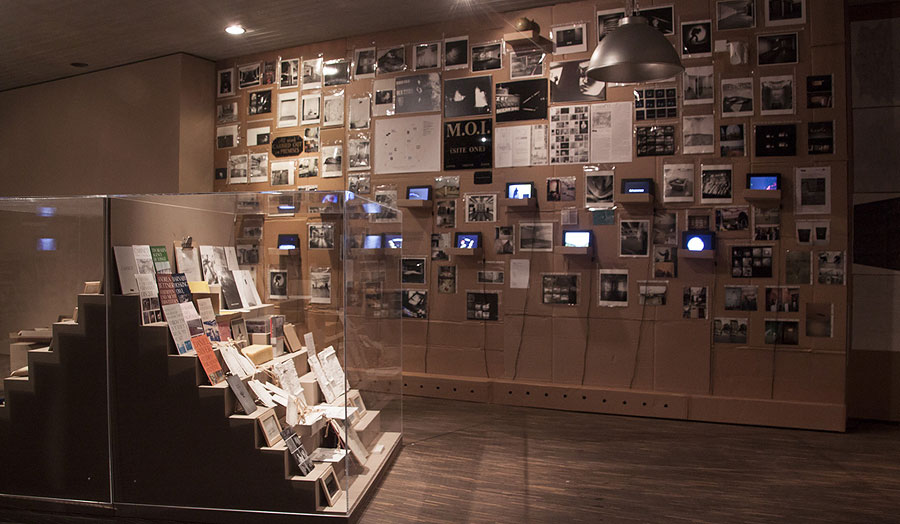
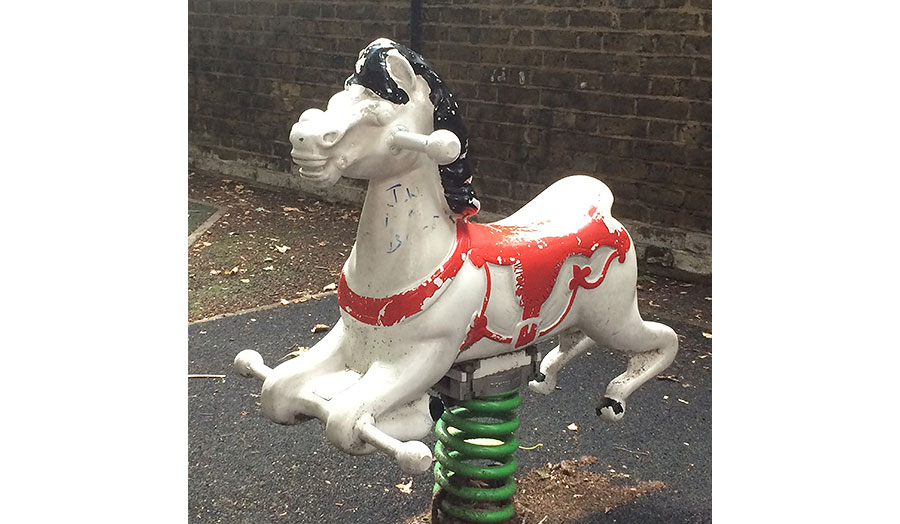
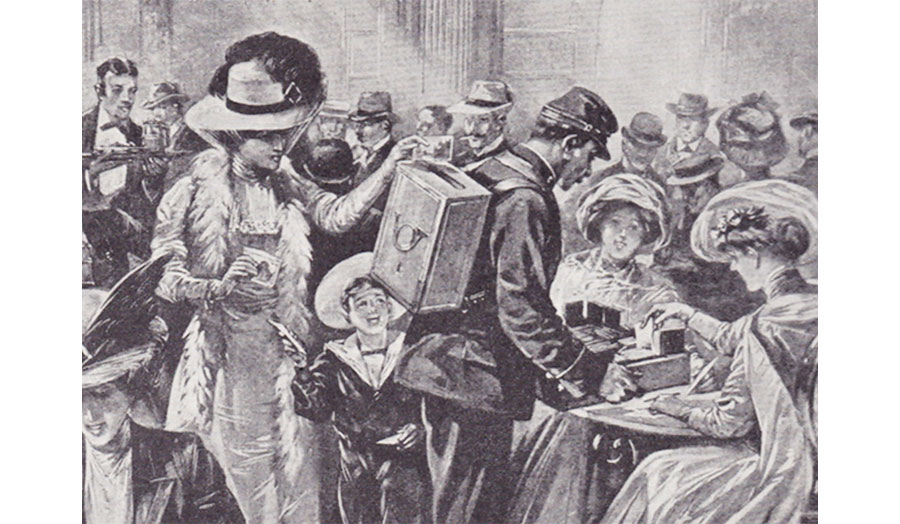
-(1).jpg)
